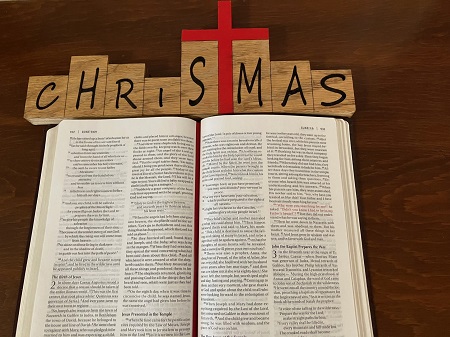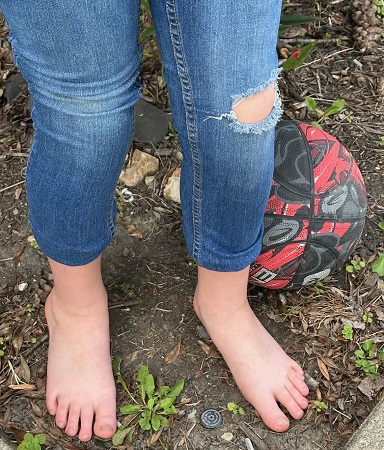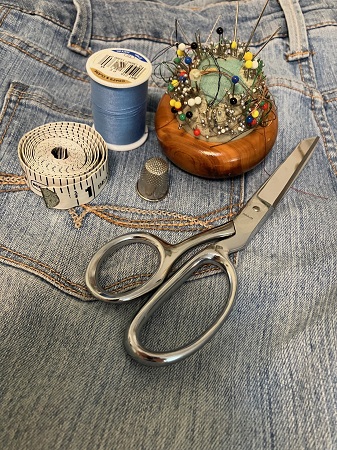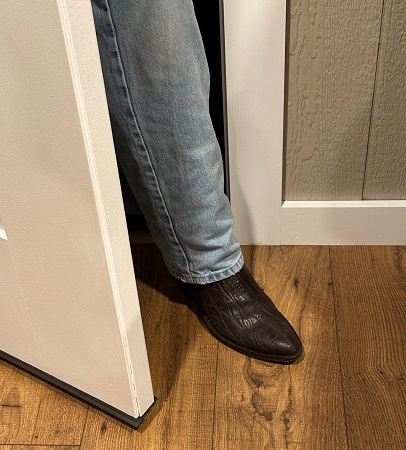Flip the Script
 God flipped the script with Jesus’ birth. Rather than an expected warrior king, the Messiah arrived as a helpless baby.
God flipped the script with Jesus’ birth. Rather than an expected warrior king, the Messiah arrived as a helpless baby.
To flip the script means a drastic change.
The tables turn. Circumstances or positions reverse.
- Little-known sports teams win tournaments.
- Political unknowns win elections.
- Weak students outperform strong scholars.
Flip the script sometimes means to lie.
People change their stories to fit their circumstances. They tell one person one story but another person something else. What they say depends on:
- What benefits them
- What they think the other person wants to hear
When God flips the script, His word proves true.
The written Word, the Bible, prophesies of the Living Word, Jesus. Although God in flesh did not meet human expectations, Jesus fulfilled God’s perfect plan.
God offers an everlasting life change to all people.
Jesus, the Christ of Christmas, came to replace:
- Despair with hope
- Unrest with peace
- Sorrow with joy
- Hate with love
Will you allow God to flip the script for you?
“This will be a sign to you: You will find a baby wrapped in cloths and lying in a manger” (Luke 2:12 NIV).
Thanks to Bobbie Smith Bryant for the suggestion.
Do you have an expression you want explained or a thought about this one? If so, please comment below.
Subscribe to receive my weekly posts by email and receive a free copy of “Words of Hope for Days that Hurt.”
If you enjoyed this post, please share it with your friends.









